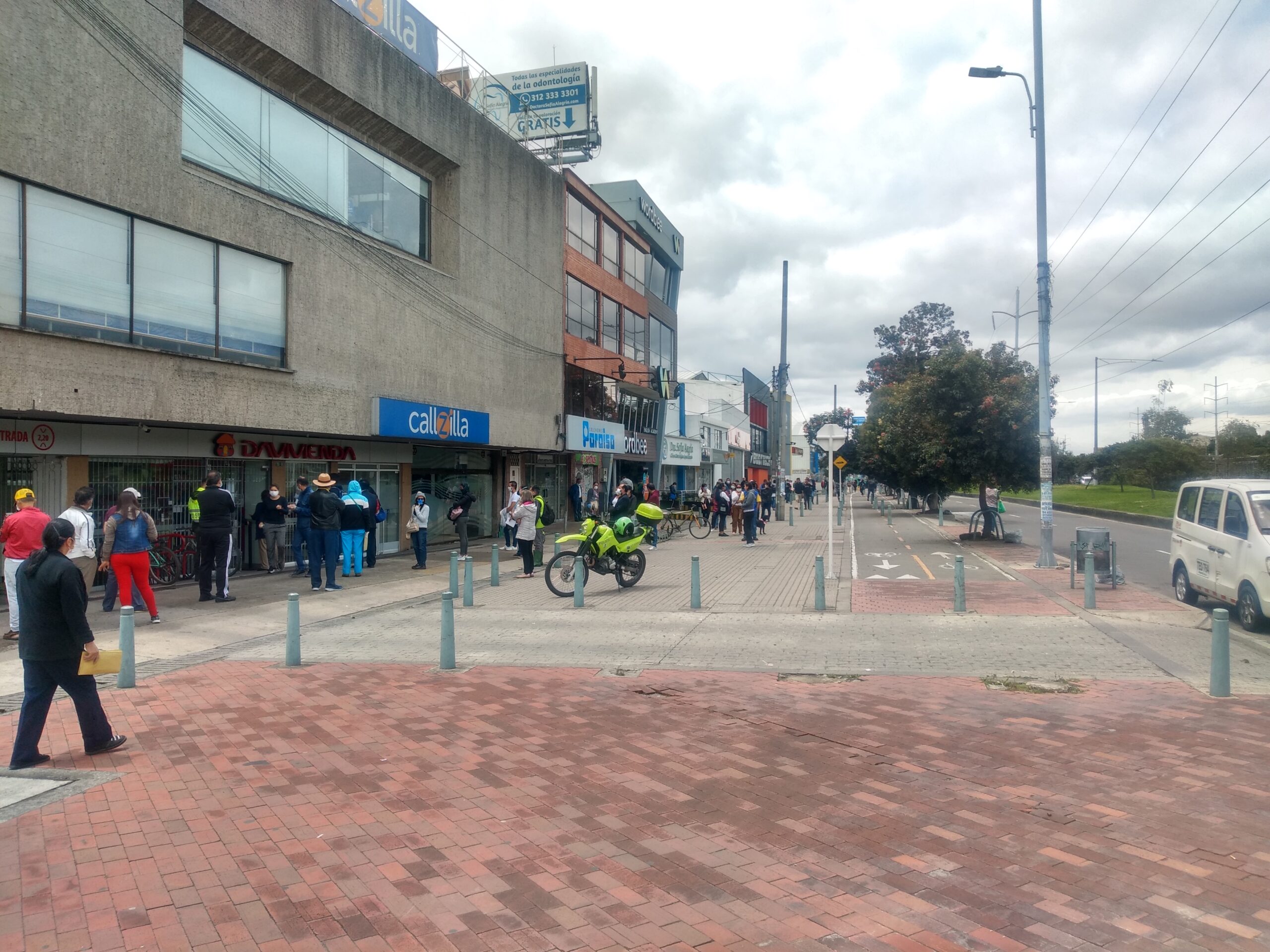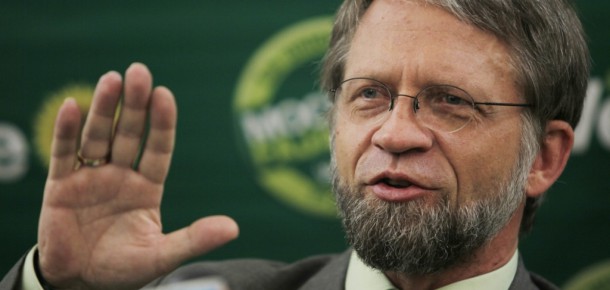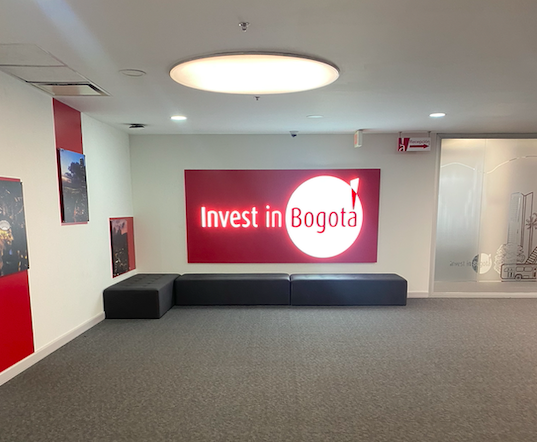
It’s no secret that Bogotá was poised to become a tech capital in Latin America sooner or later. In the global startup ecosystem report from Startup Genome, Bogotá ranked third in LatAm behind Sao Paulo and Mexico City; it also ranked third in the region for funding, third for performance, and second in performance for an emerging Latin American ecosystem.
All the right ingredients for growth are here: top universities, connections to all of the major international companies doing business in the country, a rapidly evolving and expanding Venture Capital network, an entrepreneur-friendly chamber of commerce, and opportunities to work directly with the country’s central government.
Bogotá’s entrepreneurial and tech ecosystem is extremely young both in terms of how long it’s been on the VC radar and in terms of the median age of investor/entrepreneur involved. As such, the city has become a big draw to people in their mid-to-late 20s seeking to finally bring some disruption to the capital’s business scene.
Top of the list when it comes to churning out the next generation of entrepreneurs is the Universidad de Los Andes Center for Entrepreneurship. Enforcing the claim that Andes is the best isn’t difficult, as approximately 40% of the Forbes list of entrepreneurs in Colombia are Andes grads, with an additional report prepared for iNNpulsa by KPMG also stating that roughly 60% of tech companies in Colombia are led by alumni from the prestigious university.
Founded in 2016, the entrepreneurship program is relatively new – but it’s growing fast. Last year, the university supported 650 entrepreneurs through 50 hands-on training and mentoring hours, and a total of 1,169 entrepreneurs since 2021. In addition, the university signed a partnership with SENA (Services Nacional de Aprendizaje), which provides the largest financial mechanism to support entrepreneurs in the country.
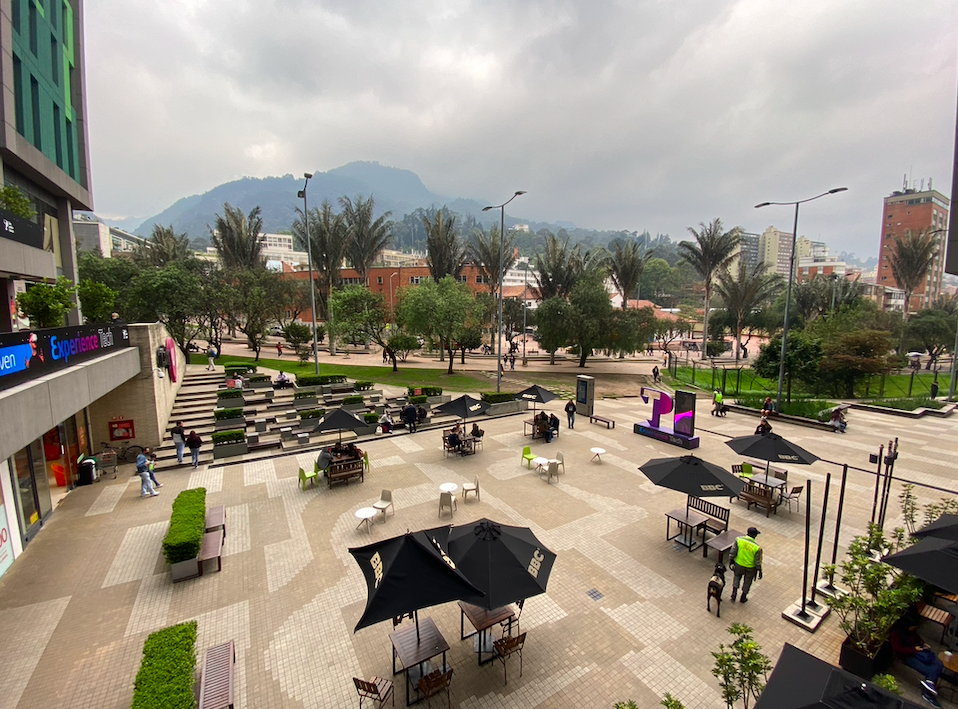
One reason the program may be growing is the fact that between 2020 and 2021, the amount of foreign capital invested by foreign VCs in Latin America increased fivefold from $4 billion to $20 billion, with most of the investments made targeting late-stage ventures – no doubt an effort on behalf of mega-funds seeking the next Rappi or Habi, Colombia’s recently crowned proptech unicorn.
However, in the pre-and-seed stage of things, actionable entrepreneurial experience is in high demand as the ecosystem is still too young to have many mentors capable of offering their advice, funding, and experience.
“It’s a young ecosystem. We need more mentors. So now we have a program to certify them,” said Andrés Gurrero, Head of the Universidad de Los Andes Center for Entrepreneurship. “In Colombia, there are only two university programs to certify mentors for entrepreneurship. Last year Universidad de Los Andes had 68 mentors, this year that number has risen to 100 mentors. It’s about bringing back the older generation to invest in the younger generation.”
This is particularly interesting because the idea of appointing high-level expertise to the board in order to garner legitimacy is a move that actually saved University de Los Andes from failure in its early days. Two years after its founding, the (startup) university was in trouble, so the 10 entrepreneurs who founded the venture asked Albert Einstein if he would like to join their board of advisors. Einstein accepted, and overnight the academic institution garnered instant international credibility.
Connecting mentors with founders
Santiago Rojas Montoya, Director of cube.ventures accelerator, is an example of an ecosystem entrepreneur giving back to the next generation. Santiago sees the future of Latin America in Bogotá, and is excited when he hears stories about founders from a few years ago recycling their capital and insight back through the ecosystem to help raise up the next generation.
“We’re trying to help close the strategy/execution gap. You can have a great idea, and plan and prepare all you want but the best way to learn is by doing – you have to get out on the dance floor to know if you’re any good,” Santi said.
“So at cube.ventures our goal is to connect over 100 mentors with first-time startup founders and we help them bridge the gap so they can hit the ground running. We want to give the ecosystem 100 startups by the end of the year,” he added.
Equally as ambitious is Laura Maria Gonzalez, a Senior Associate at inQlab, the Venture Capital arm of Grupo Santo Domingo – the conglomerate that established the brand that makes all of Colombia’s beer (Bavaria), but also places bets on media (Caracol (TV), Blu (Radio), property and infrastructure developers (PEI, Terranum), and retail (D1), amongst others.
Laura tells me, that ⅓ of inQlab’s portfolio are companies they’ve devoted to taking from the whiteboard to profitability. More recently, the fund has pivoted to working with foreign and first-time founders.
“Even for a local first-time founder, trying to understand how taxes work here is like learning a new language,” Laura said. “We also help first-time angels understand what a stake is – how to make investments.”
And because of their tremendous capital backing, inQlab’s hands-on approach is all all about playing the long game and applying their valuable growth-minded expertise directly, “We ask for an observer in the company. We really like to get our hands into the mud. Some entrepreneurs don’t like that, but we’re okay with that,” Laura said, adding, “New valuations should be a gauge of growth strategy, and a mark of milestones achieved.”
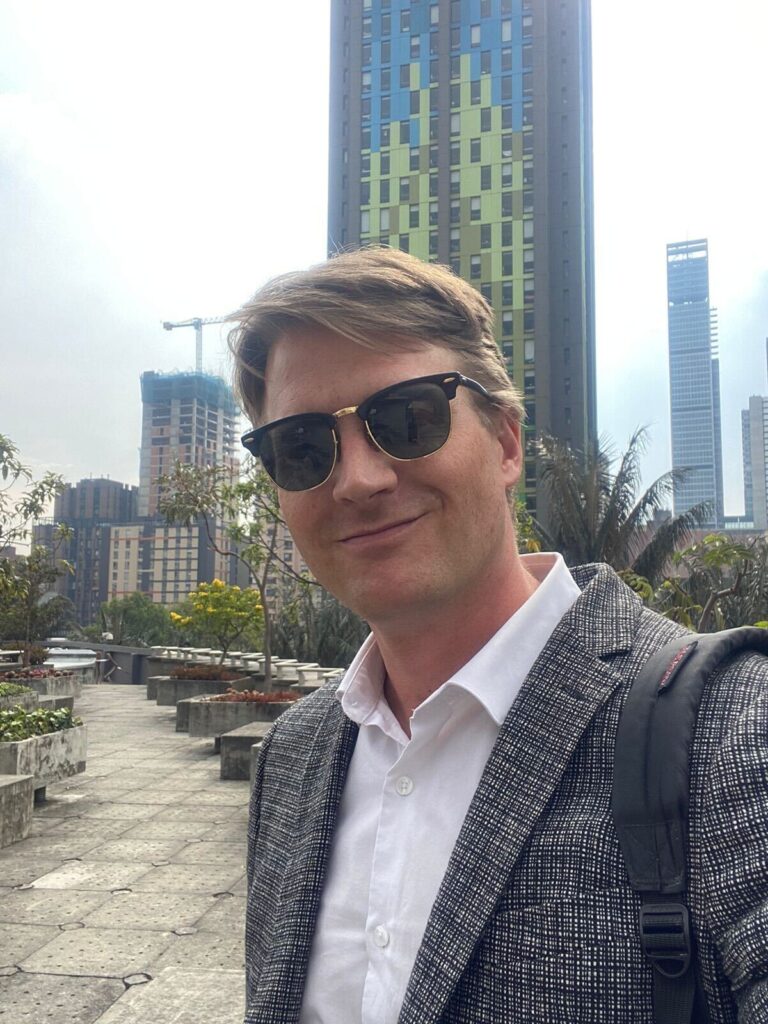
What’s most interesting is that even though Bogotá sent more companies to Y Combinator last year than any other city, the current tidal wave of entrepreneurs is the result of local organizations like Connect Bogotá, local universities, VCs like cube.ventures, and inQlab, and government accelerators like iNNpulsa.
Isabel Muñoz, the executive director at Invest In Bogota, the VC/startup-focused subsidiary of the Bogotá Chamber of Commerce says that this shift to accessing local resources also comes at a time when “We’re witnessing an explosion of entrepreneurship. 15 years ago when we talked about entrepreneurship we were talking about a few people,” Isabel said. “We cannot compare the quality of the teams, investors, and founders we’re seeing right now to anything we’ve seen before.”
The Bogotá startup ecosystem raised USD $110,000,000 in FY2021 through direct foreign investment, and triple that amount in the first quarter of this year alone, Isabel notes, commenting on an interesting reversal.
Entrepreneurs are seeking local resources to grow companies, but the finding is now pouring in from the outside. It used to be that Colombian entrepreneurs attended university abroad, returned home, and then sought local sources of funding. Recently, that’s all changed.
“We’re moving away from the local mindset when it comes to funding to attract international investors,” Isabel continued. “We’re a new ecosystem so it’s tough for VCs because they’re first-time managers with no track record, so it’s very challenging.”
No shortage of ideas
Ivan Pérez, who oversees Invest in Bogotá’s connection with the startup universe, explains that because of the relative newness and high energy of the ecosystem mean, there is no shortage of founders with new ideas – however, the general lack of experience among the current cohort means many entrepreneurs are trying to build the airplane and get airborne as it travels down the runway.
By taking a slower, and more measured approach, founders can (paradoxically) prove to investors that they are responsible enough and skilled enough to bring their companies into profitability.
“What do investors want? Rentability. The way to grow used to be to burn money through financing rounds, that’s over,” Ivan said. “Founders should first focus on their local market, and then expand responsibly.”
And in anticipation of a time when the ecosystem will be fully-mature and packed with profitable ventures, the local and national governments have embarked on a huge new project called the Distrito de Ciencia Tecnología e Innovación. Ivan tells me that it will be a purpose-built ‘tech city’ designed to accelerate innovation across the entire ecosystem.
The current downtown comes after an unimaginably high round of IPO valuations in the US market last year. Right now, there’s a lot of liquidity in the market right now – so the question remains: will the mega-funds continue to invest their money into the Bogotá ecosystem, or will they wait for the value of their portfolios to recover before investing tons of their money into the Bogotá ecosystem? Either way, the future looks bright.



